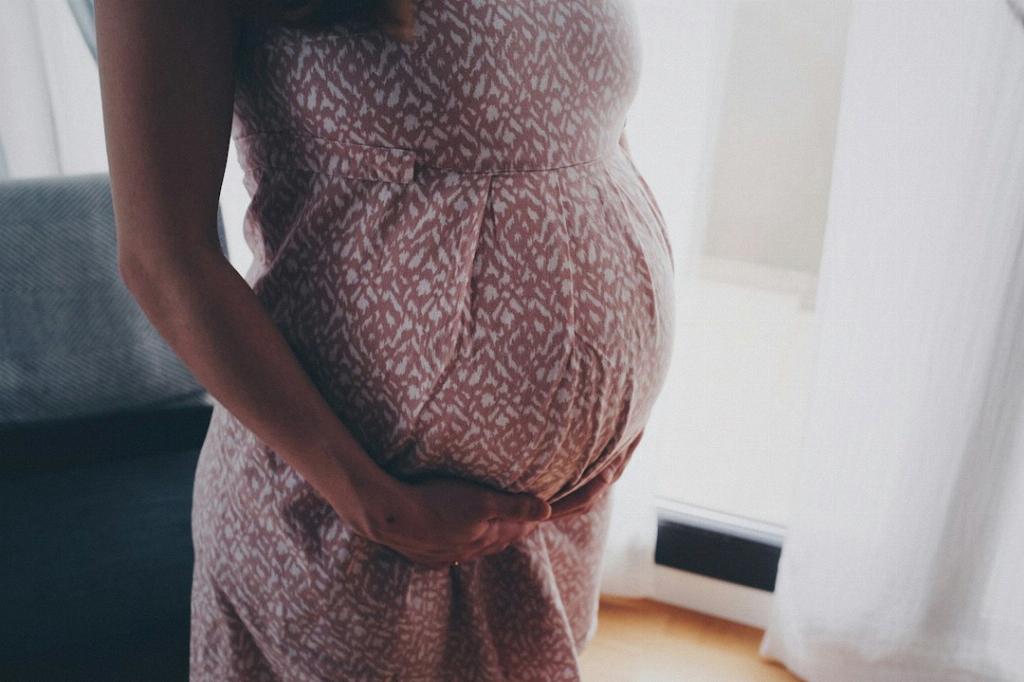During pregnancy, it is common for expecting mothers to experience sensations in their belly that may feel different than what they are accustomed to. One of these sensations is a hardening of the abdomen, which can be concerning if not understood properly. If you’ve noticed your pregnant belly becoming firm to the touch, rest assured that this is a normal part of the pregnancy process.
Physiological Changes Leading to a Hardened Belly
As your pregnancy progresses, your uterus undergoes significant changes to accommodate the growing fetus. When your uterus expands, it pushes against the abdominal wall, causing your belly to feel firm. This happens most often in the second and third trimesters as your baby continues to develop and your uterus expands in size.
Role of Uterine Muscles and Ligaments
The hardening sensation in your belly can also be attributed to the stretching of uterine muscles and ligaments. As the uterus grows, the muscles and ligaments that support it must also stretch to provide the necessary space for the baby to grow and move comfortably. This stretching can lead to a sensation of tightness or firmness in the abdominal area.
Braxton Hicks Contractions
Another factor that may contribute to your pregnant belly hardening is Braxton Hicks contractions. These are often referred to as “practice contractions” and are considered a normal part of pregnancy. Braxton Hicks contractions can cause your belly to tighten briefly and then relax, mimicking the feeling of true labor contractions. They are typically mild and irregular, helping to prepare your body for labor.
Increased Blood Flow and Fluid Retention
During pregnancy, your body experiences changes in blood flow and fluid dynamics to support the needs of the growing fetus. Increased blood flow to the uterus and surrounding areas can contribute to a sensation of fullness and firmness in the belly. Additionally, fluid retention, which is common in pregnancy, can also lead to a feeling of bloating and tightness in the abdominal region.
Position of the Baby
The position of your baby in the womb can also influence the hardness of your belly. As your baby moves and changes position, you may notice fluctuations in the firmness of your abdomen. When the baby stretches out or positions itself in a certain way, it can cause the belly to appear more rigid or tense.
Importance of Regular Prenatal Checkups
If you are experiencing a hardening of the belly during your pregnancy and have concerns, it is important to discuss these symptoms with your healthcare provider. Regular prenatal checkups allow your healthcare team to monitor the progress of your pregnancy, address any concerns you may have, and ensure the health and well-being of you and your baby.
When to Seek Medical Attention
While a firm or hard belly is often a normal part of pregnancy, there are certain situations where it is important to seek medical attention. If you experience severe or persistent abdominal pain, rapid swelling or bloating, changes in fetal movement, or other concerning symptoms along with a hardened belly, contact your healthcare provider immediately.
Self-Care Measures for Pregnancy Discomfort
Managing pregnancy discomfort, including a firm belly, may involve implementing self-care measures to alleviate symptoms. Practicing gentle stretching exercises, taking warm baths, using maternity support belts, and maintaining good posture can help relieve some of the pressure and discomfort associated with a hardened belly during pregnancy.
Embracing the Changes of Pregnancy
As your body undergoes various changes to support the growth and development of your baby, it is important to embrace the journey of pregnancy with patience and understanding. The hardening of your belly is just one of the many physical transformations that occur during this miraculous time, reflecting the incredible process of bringing new life into the world.

